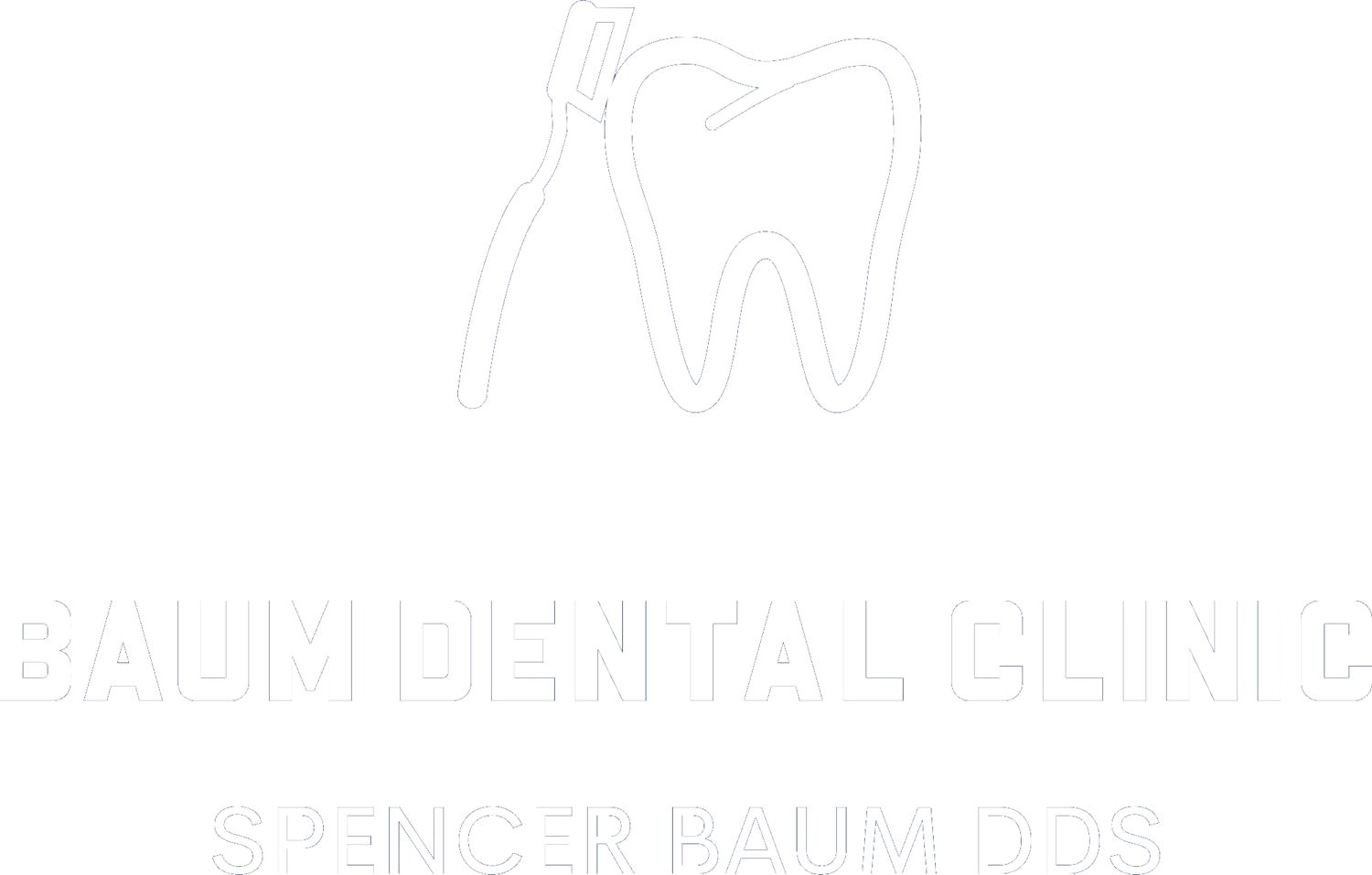TMJ
TMJ stands for temporomandibular joint. It is actually the hinge that connects the jaw to the temporal bones of the skull, moving the jaw up, down, and side to side. You would not be able to talk, chew, or yawn without that hinge.
TMJ is also used to describe problems with the joint. Technically, the term should be TMD (temporomandibular disorder), but most people usually prefer the term TMJ.
TMJ can encompass many different symptoms:
• Painful popping of the jaw when chewing or talking
• Nonpainful popping
• Jaw locked in the open or closed position
• Problems opening the mouth
• A tired feeling of the face
• Swelling in the jaw or cheek areas
• Pain when moving the jaw (in the neck, face, or even shoulders)
TMJ pain can occur on one side or the other or both. The pain can last for years or just be temporary. Women from the ages of 20 to 40 are more prone to developing TMJ.
Causes of TMJ could include:
• Grinding or cleaning of teeth
• Stress
• Arthritis
• Problems with the disc between the socket and ball of the joint
Are you having persistent pain or tenderness? Problems fully opening or closing your mouth? Call 940-325-1788 immediately.
